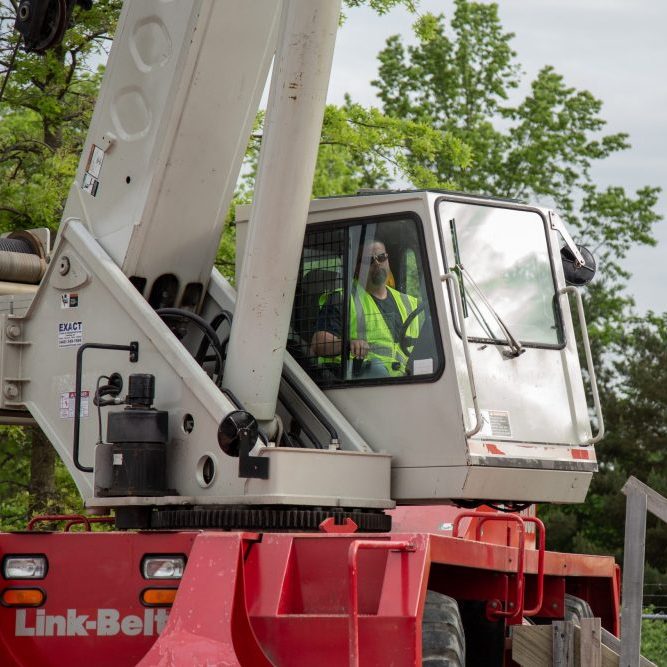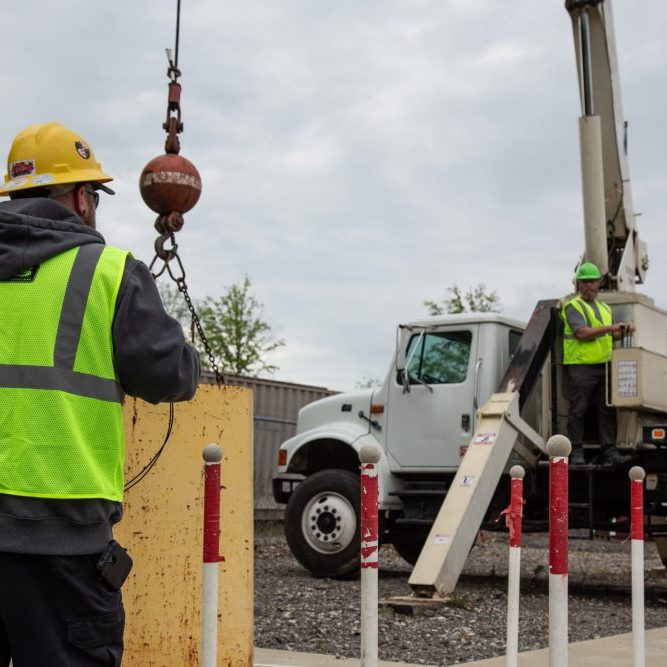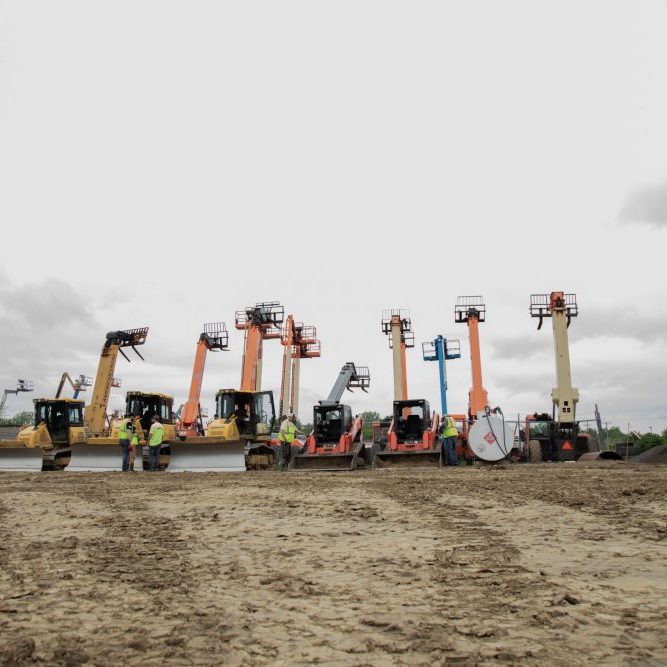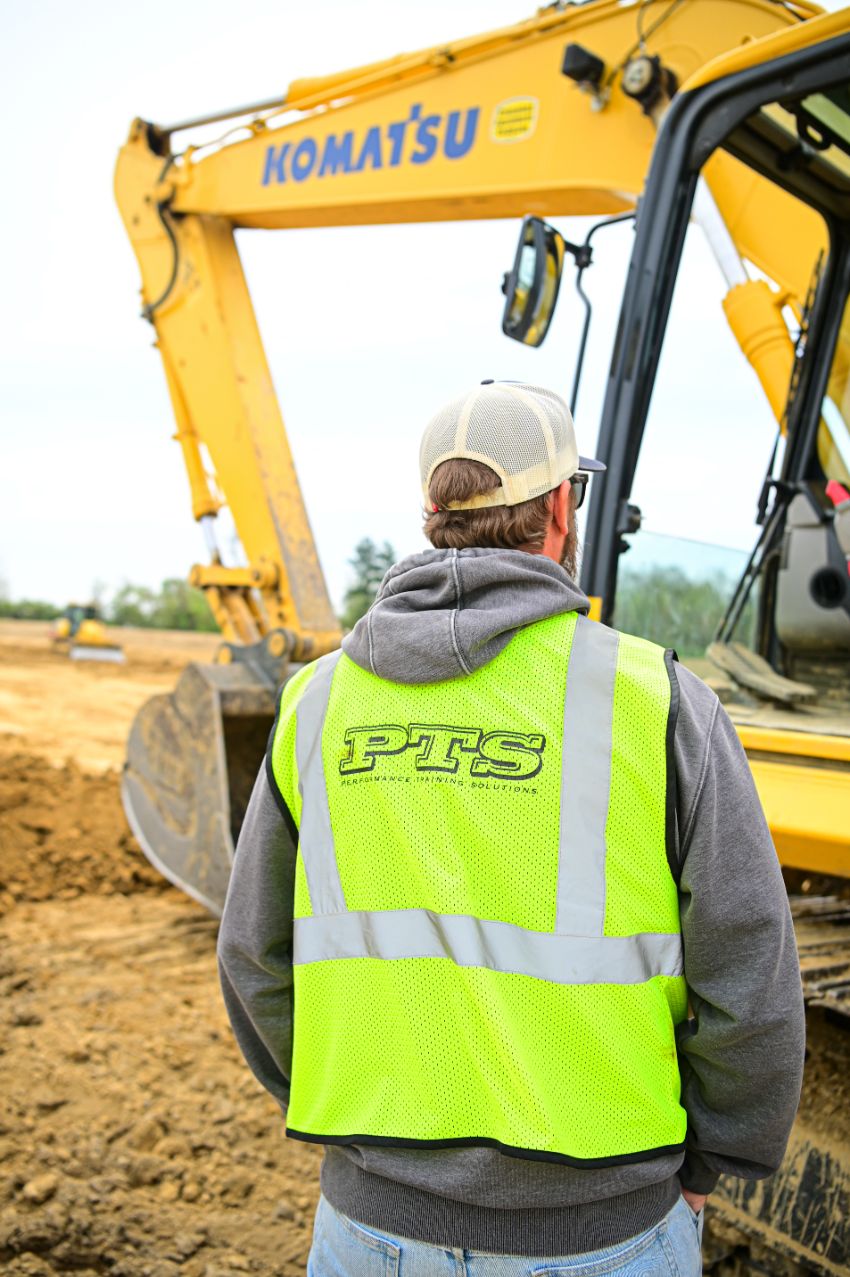Heavy Equipment Operator Training School
Welcome to Performance Training Solutions, a heavy equipment training school that’s dedicated to the success of our students and their careers.
Get a $500 tuition reduction scholarship with a campus tour.
Welcome to Performance Training Solutions, a heavy equipment training school that’s dedicated to the success of our students and their careers.
Get a $500 tuition reduction scholarship with a campus tour.
Learn how our facility supports your training goals — and why we’re the best heavy equipment and crane training school to advance your career.
Ensure that your business is abiding by applicable state and federal regulations and that your employees are operating your equipment safely and effectively in the field.



At Performance Training Solutions, we help change lives. Our accelerated training programs followed by a career as a heavy equipment or crane operator can lead to life-changing possibilities. Many of our graduates speak of personal fulfillment, making family-sustaining wages, the opportunity to travel, and opportunities for personal and professional growth.
Accelerated training on up to 10 types of heavy construction equipment will help you earn nationally recognized NCCER credentials that will open the door to plenty of job opportunities.
We are a heavy equipment and mobile crane operator school located in Columbus, Ohio. As one of the top training schools in the country, we assist those who wish to pursue a career as a heavy equipment operator and/or crane operator. Our team of experienced trainers, examiners, and admissions and career representatives are committed to helping our students succeed.

We work with a third-party lender who provides generous financing terms for many PTS students.
PTS gladly accepts the Post 9/11 GI® Bill as well as the VA's Vocational Rehabilitation and Employment benefits.
Students may be eligible for various government grants that can be used to pay for training.
Receive a $500 tuition reduction scholarship just by taking a tour of our facility.
“Thank you so much! It looks like I am going to start working Monday operating a carry deck 40 ton. It’s a URS job. My brother may be going, too. We will know later today. It’s supposed to be long-term!”
“I got the job at Ace Iron and Metal as an operator. Thanks for the lead. It seems to be a good job so far. It has good pay and everything I was looking for. Thanks for everything again.”
“I got hired today by a construction company with full benefits. Your polished resume did the trick. I sent it one day and was hired two days later. Rising up out of the ashes thanks to you guys. This particular project lasts for eight more months, and I was told I will go to the next one if I choose to.”
“I went to the Operator Engineers Local 132 Union Hall in Wheeling, WV last Friday and they put me straight to work. I started work today for URS in Moundsville operating a 40 ton Grove. I would recommend any student that needs help finding work to consider the union. They are starting me out at $33.66/hr. Thanks for all of your help.”
“Thank you for all the help. I finally got my job a month ago from the email you sent me. Didn’t want to reply until I made sure this was the one, and it is. I’m now employed at Martin Marietta Materials and am here to stay. I’m still in training as a loader operator. Real fun stuff. I don’t think I would have gotten hired. They needed a year of experience but I showed them my certificate and told them to give me a shot. Without PTS, I don’t think I would have had the chance! Thanks again — take care.”
“I would like you to know that today was my first day of work. I got hired as a crane operator at the AEP Mitchell power plant. I am working for the Bowen Construction Co. I was hired out of the Wheeling Operating Engineers Union Hall. Tell Fred that his schooling really paid off. And tell the boys hey, and thanks for the knowledge. I am starting out at 30.92 an hour. How about that? Thank you.”
“I was hired full-time at ODOT this week. I’m planning to stay here the rest of my career. Thanks for all the job leads that you sent me.”
“Great school. The hands-on work was a great experience. Everyone there had a good friendly attitude. I would recommend it.”
Are you a new graduate, a veteran, or someone just looking for a new career path? If so,
For decades, the construction industry has been predominantly male. Luckily, over the years, more and more women have
Whether you are a new high school graduate, looking to change careers, or a veteran, becoming a mobile
Download our free guide to learn more.
© 2024 Performance Training Solutions. All Rights Reserved. | Privacy Policy | Sitemap
Created by NgageContent